Remember when television was a shared experience that brought families together around the living room? Before the era of streaming and countless channels, talk shows were a cultural phenomenon that captured the spirit of an entire generation. These 14 forgotten gems represented more than just entertainment—they were windows into the soul of a transformative time in American culture.
1. The Merv Griffin Show: A Gentler Late-Night Experience
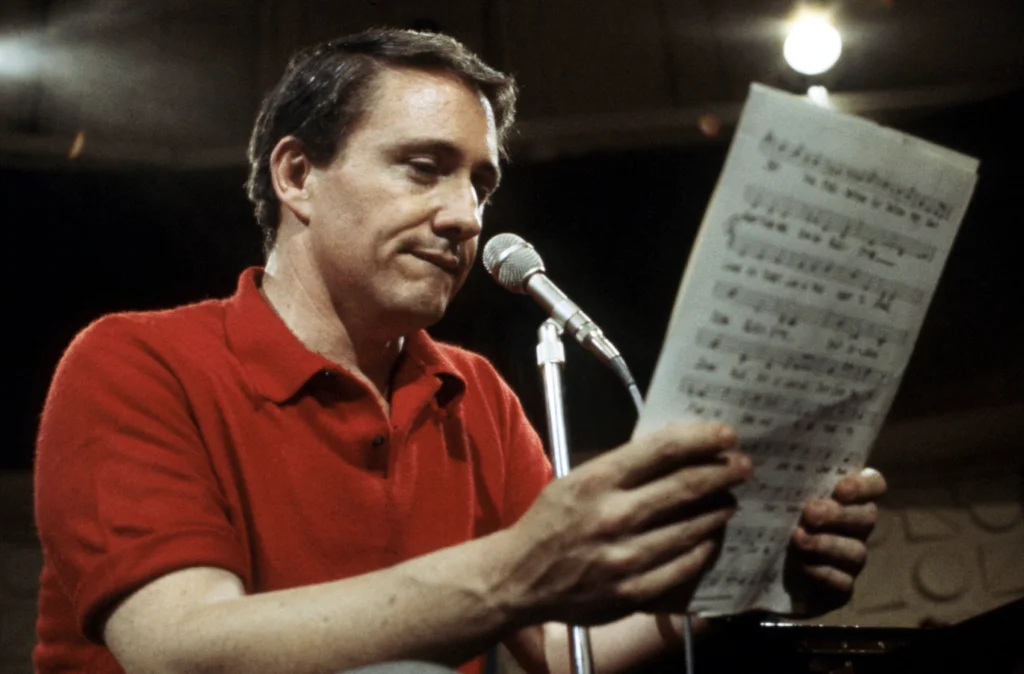
Merv Griffin was the smooth-talking host who made conversation an art form long before late-night became a competitive landscape. His show featured everything from Hollywood celebrities to unexpected everyday heroes. Guests felt like they were sitting in a cozy living room rather than under harsh studio lights. TVGuide suggests that anyone looking to really learn the heart of showbusiness should delve into the history and impact of this program.
With his impeccable white suit and disarming smile, Griffin created a television experience that felt more like a sophisticated dinner party. He understood the power of genuine conversation in an era of increasing media noise. Griffin’s show became a cultural touchstone that bridged different generations and social circles.
2. The Mike Douglas Show: Midday Magic for Homemakers
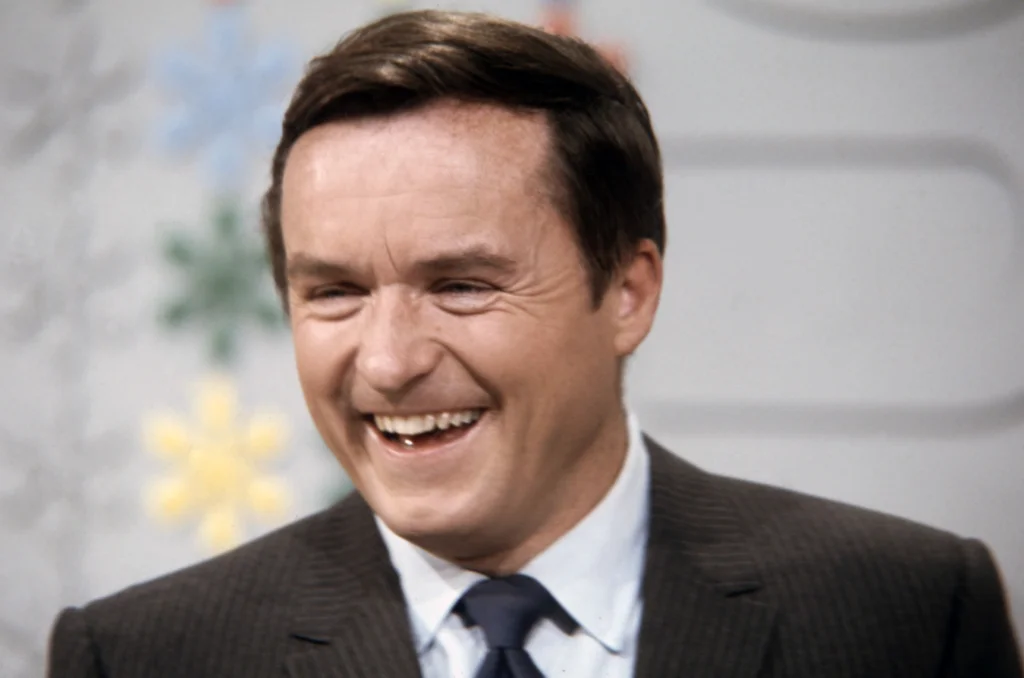
Airing during the day when most folks were home, Mike Douglas created a warm, inviting atmosphere that felt like chatting with an old friend. His show blended musical performances, celebrity interviews, and everyday discussions that resonated with middle-class America. Housewives and retirees would plan their afternoons around this delightful program, turning it into a daily ritual. As reported on Television Academy, those interested in the history behind host and program alike can hear about it in Mike’s own words in an extensive interview he participated in decades ago.
Douglas had a unique ability to make every guest feel welcome, from international superstars to local heroes with extraordinary stories. He brought a sense of intimacy to daytime television that was revolutionary for its time. The show became more than just entertainment—it was a companion for millions of Americans during their midday hours.
3. The David Frost Show: Intellectual Banter with British Charm
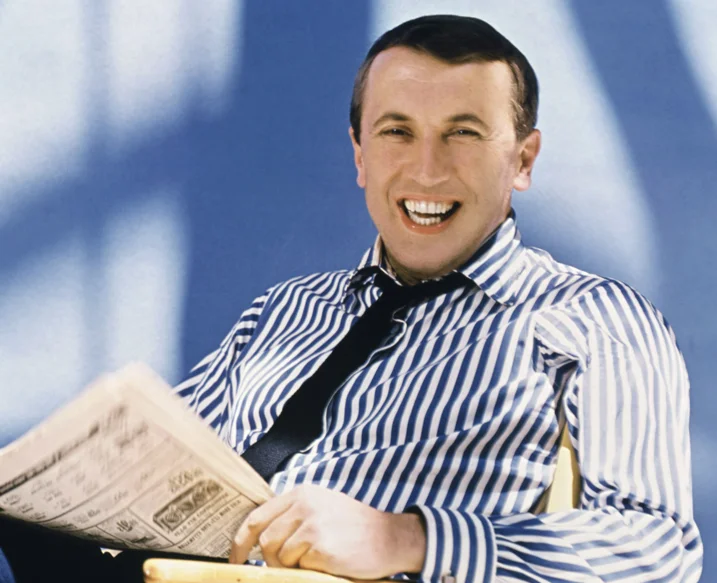
David Frost brought a sophistication to American talk shows that was refreshingly different from the typical Hollywood chit-chat. His British wit and probing interview style made complex topics feel accessible and engaging to mainstream audiences. Viewers appreciated how he could make serious conversations feel like fascinating dinner party discussions. As reported by The Guardian, Frost himself went through quite the transformation even as he was shaping the landscape of talk show television along the way.
Frost was more than just a talk show host—he was an intellectual provocateur who challenged his guests and viewers alike. His international background allowed him to approach American culture with a unique, outsider’s perspective. The show became a platform for meaningful dialogue in an era of rapid social change.
4. The Steve Allen Show: The Original Comedy Talk Show Pioneer
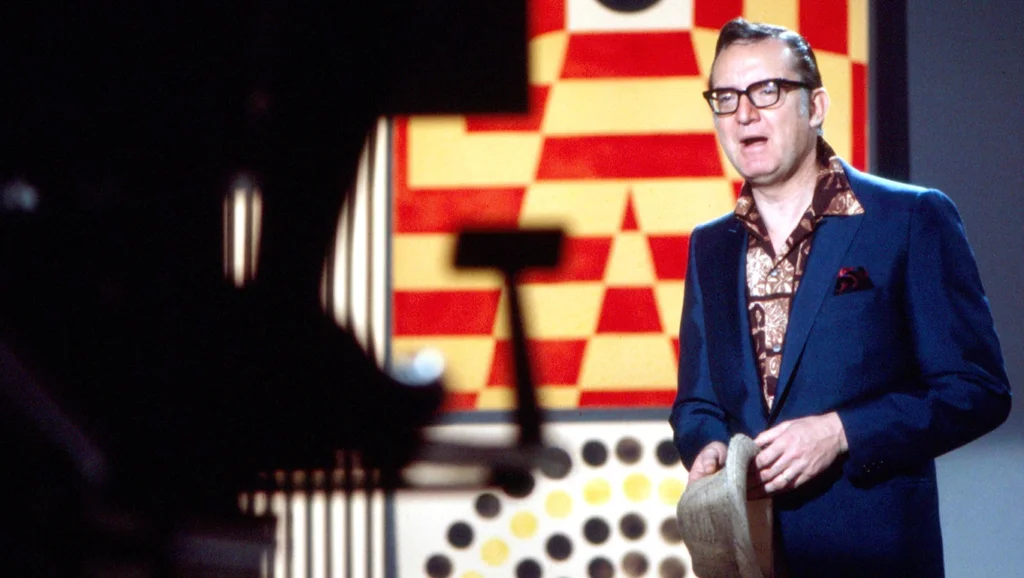
Long before Saturday Night Live, Steve Allen was revolutionizing comedy and television entertainment. His show was a playground of creativity, featuring sketch comedy, musical performances, and interviews that pushed traditional boundaries. Allen’s intellectual humor and innovative approach laid the groundwork for countless comedy shows that would follow. Television Academy writes that this show’s environment provided the perfect setup for Allen to thrive with his ability to create comedy seemingly from thin air.
Allen was a true renaissance man of television, constantly experimenting with new forms of comedy and entertainment. He understood the power of spontaneity and kept audiences guessing with his unpredictable style. Many future comedians and talk show hosts would cite Allen as their primary inspiration.
5. The Joey Bishop Show: The Rat Pack’s Television Playground
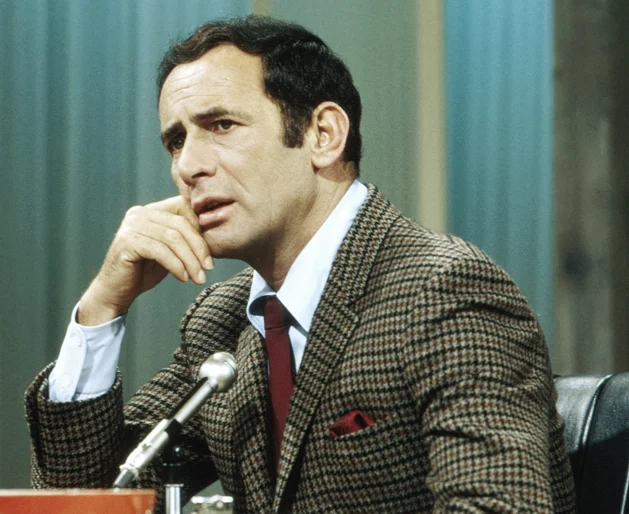
Joey Bishop brought the swagger of the Rat Pack directly into America’s living rooms, offering a cool, insider’s perspective on entertainment. His late-night show was less about polished performances and more about capturing the spontaneous energy of Hollywood’s most legendary social circle. Viewers felt like they were getting an exclusive backstage pass to celebrity culture.
Bishop’s comedic timing and insider connections made his show a must-watch for those fascinated by Hollywood’s golden era. He seamlessly blended comedy, interviews, and musical performances in a way that felt effortlessly cool. The show captured the spirit of a transformative moment in American entertainment.
6. The Dinah Shore Show: Celebrating Women’s Voices
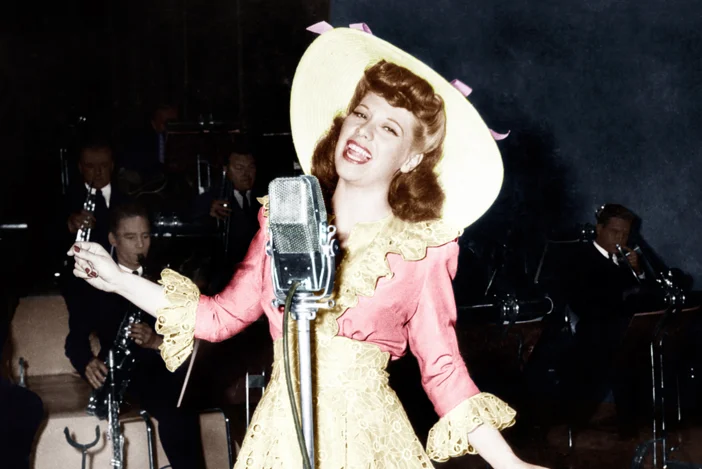
Dinah Shore was more than just a host—she was a groundbreaking entertainer who gave women a prominent platform during a transformative social era. Her show mixed cooking, music, interviews, and lifestyle segments in a way that felt both aspirational and deeply relatable. Shore’s infectious laugh and genuine warmth made viewers feel like they were part of her extended family.
She broke barriers for women in television, presenting intelligent, multifaceted content that went far beyond traditional expectations. Shore’s show was a celebration of women’s capabilities, interests, and experiences. Her influence extended far beyond entertainment, inspiring a generation of women to pursue their dreams.
7. The Della Reese Show: Music Meets Conversation
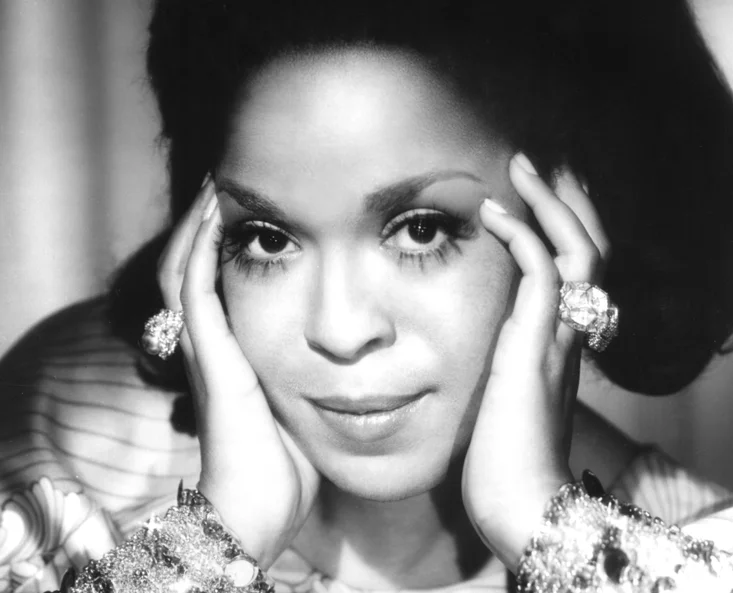
Before becoming famous for her acting, Della Reese was a dynamic talk show host who seamlessly blended musical performance with engaging conversation. Her show celebrated African American talent during a time when such representation was rare on mainstream television. Reese’s powerful presence and musical background brought a unique energy to daytime programming.
Reese understood the power of representation long before it became a mainstream conversation. She used her platform to showcase talented African American performers and discuss important social issues. Her show was a groundbreaking moment in television history, bridging entertainment and cultural understanding.
8. The Virginia Graham Show: Bold and Unapologetic
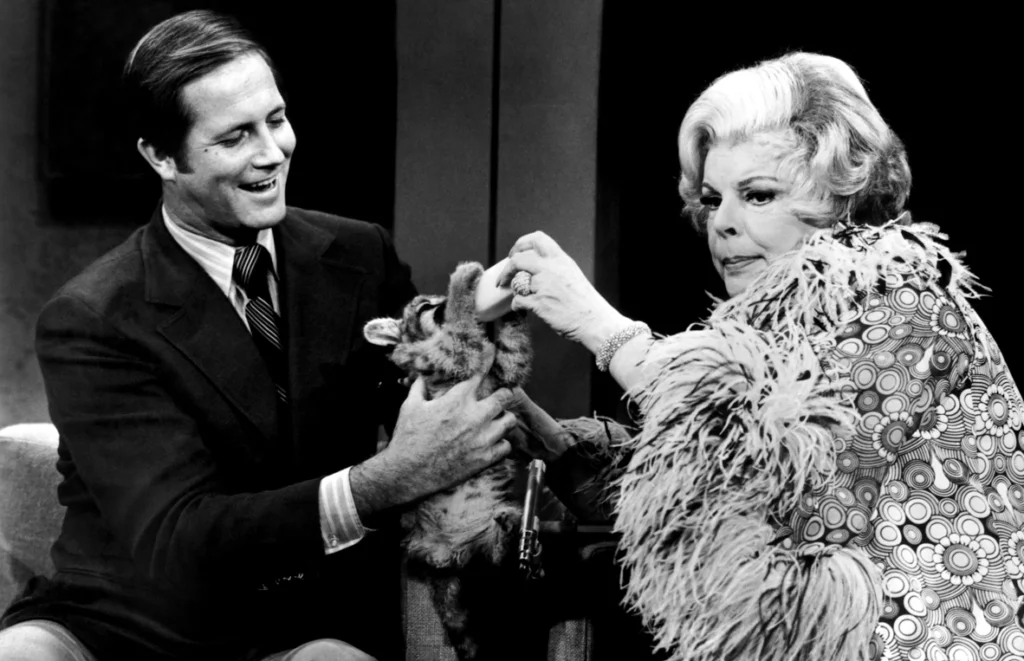
Virginia Graham was a trailblazing personality who tackled topics that other shows considered taboo with wit and directness. Her show covered everything from fashion to social issues, always maintaining a sense of humor and approachability. Graham represented a new kind of female voice on television—smart, opinionated, and unwilling to be confined by traditional expectations.
She pushed boundaries in an era of significant social change, giving voice to conversations that other shows avoided. Graham’s sharp wit and fearless approach made her a standout personality in daytime television. Her show was a precursor to the more honest, direct talk shows that would follow.
9. The Jack Paar Show: Emotional and Unpredictable Television
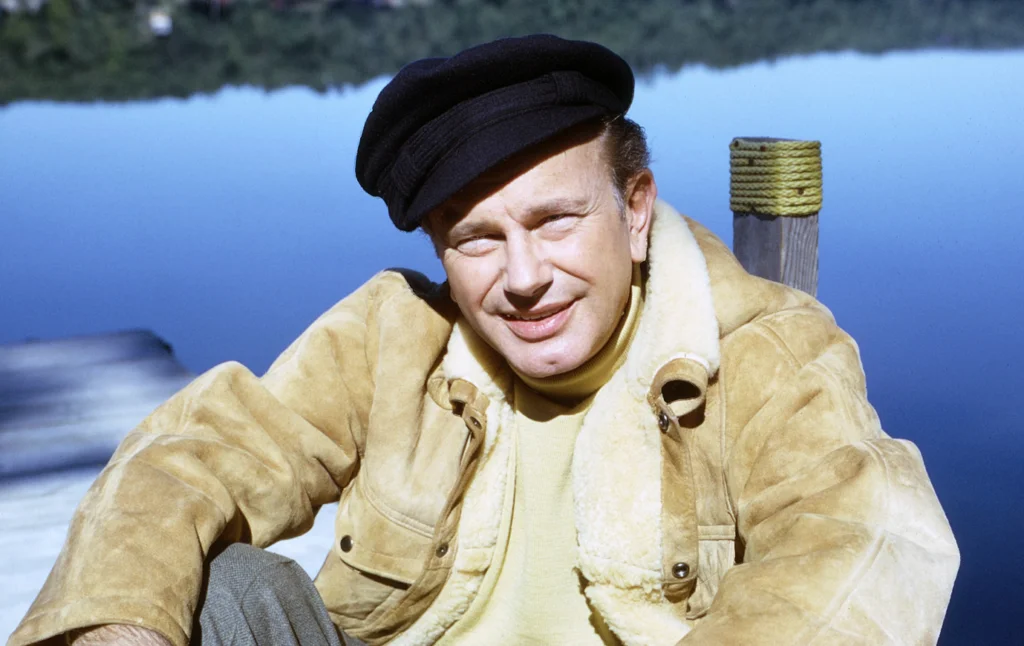
Jack Paar was known for his emotional and sometimes volatile approach to late-night television, creating moments that were genuinely unscripted and compelling. His show was less about polished performances and more about raw, human interactions that could swing from hilarious to deeply moving in moments. Paar wasn’t afraid to walk off set or challenge his guests, making each episode feel like a high-wire act.
He transformed late-night television from a formulaic entertainment format into a platform for genuine human connection. Paar’s emotional honesty resonated with viewers who were tired of scripted, sanitized television. His approach influenced generations of talk show hosts who would follow.
10. The Irv Kupcinet Show: Chicago’s Local Television Gem
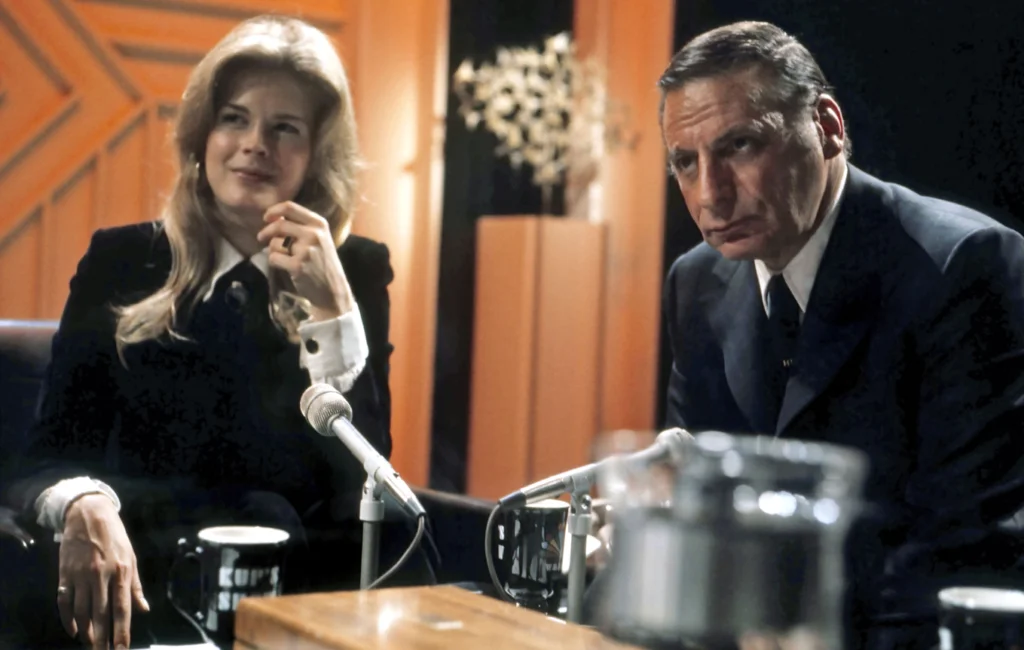
Irv “Kup” Kupcinet brought a distinct Midwestern sensibility to talk shows, featuring local and national celebrities with equal enthusiasm. His Chicago-based show felt like an intimate gathering of interesting personalities, reflecting the city’s vibrant cultural scene. Kupcinet understood how to make national stars feel like neighborhood friends.
He was more than just a talk show host—he was a cultural institution in Chicago. Kupcinet’s show captured the spirit of a city known for its big shoulders and bigger personalities. His interviews were legendary for their depth and genuine curiosity.
11. The Joe Pyne Show: Confrontational Before It Was Cool
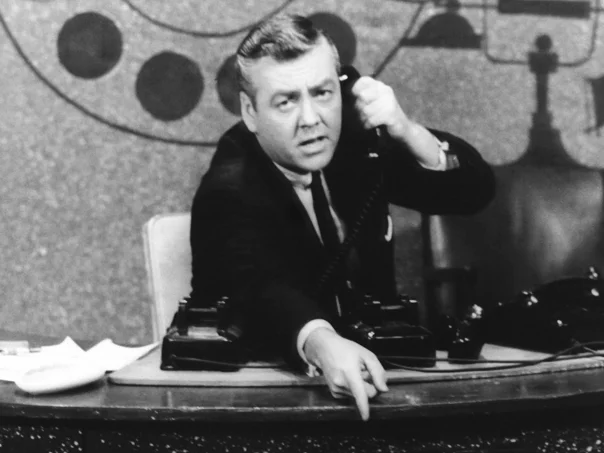
Joe Pyne predated modern confrontational talk show hosts, delivering sharp-tongued interviews that were simultaneously uncomfortable and riveting. His show wasn’t about making guests comfortable but about creating television moments that would spark conversation. Pyne’s aggressive style was a precursor to the more combative talk show formats that would emerge decades later.
He challenged guests in ways that were shocking for his time, pushing the boundaries of acceptable television discourse. Pyne’s confrontational approach was both criticized and celebrated, making him a controversial figure in entertainment. His show was a raw, unfiltered look at the tensions of his era.
12. The Les Crane Show: Counterculture Conversations
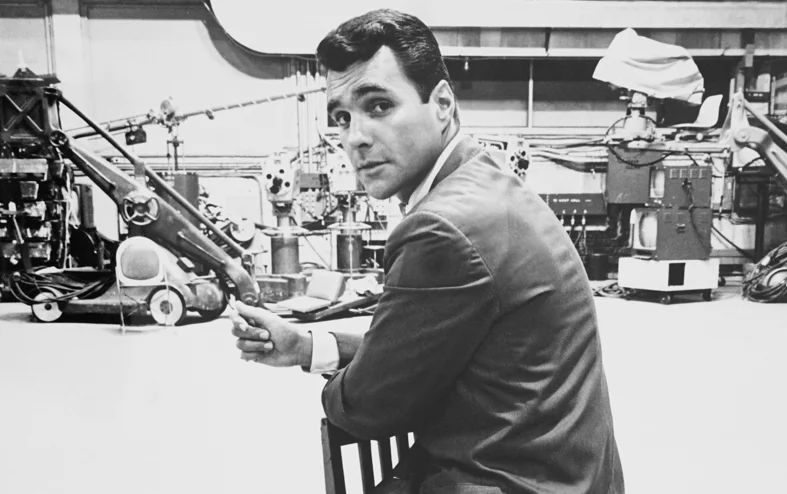
Les Crane’s show was a bold exploration of the emerging counterculture, giving voice to perspectives that mainstream media often ignored. He interviewed musicians, activists, and thinkers who were reshaping social narratives during a tumultuous period of American history. Crane’s show felt like a living, breathing document of social change.
He provided a platform for voices that were typically marginalized in mainstream media. Crane understood the power of giving airtime to revolutionary thinkers and artists. His show was a crucial window into the social movements of the time.
13. The Pat Boone Show: Wholesome Entertainment
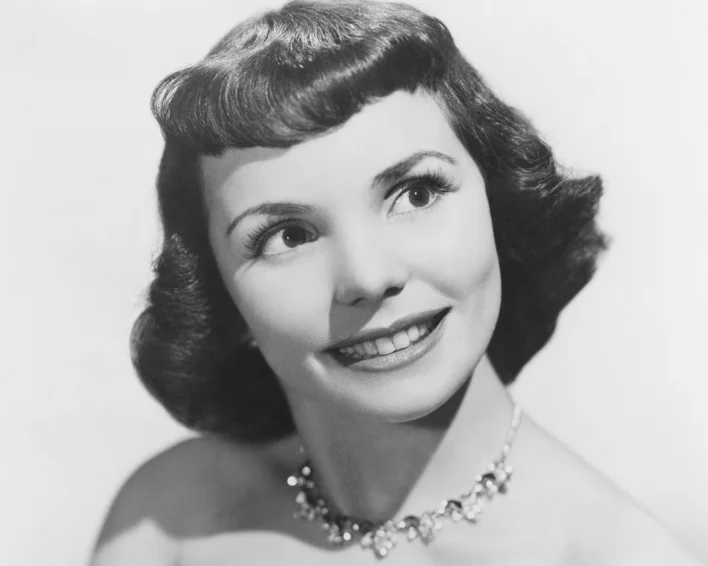
Pat Boone offered a squeaky-clean alternative to the more rebellious entertainment of the era, providing family-friendly content that celebrated traditional values. His show featured musical performances, interviews, and segments that felt like a warm, comforting embrace during rapidly changing times. Boone represented a kind of entertainment that felt safe and predictable in an increasingly complex world.
He was a beacon of traditional American values during a period of significant social upheaval. Boone’s show provided comfort to viewers who felt overwhelmed by rapid cultural changes. His gentle approach to entertainment offered a nostalgic retreat from the turbulent world outside.
14. The Woody Woodbury Show: Comedy and Conversation
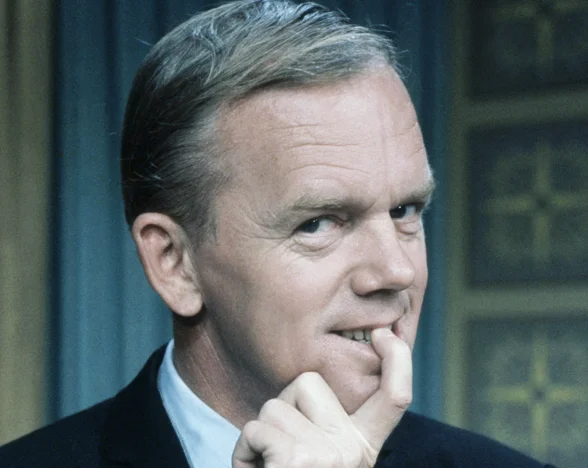
Woody Woodbury brought a comedian’s sensibility to the talk show format, blending stand-up comedy with interview segments that kept audiences laughing. His show captured the emerging comedy club culture, featuring performers who would go on to become legendary comedians. Woodbury understood how to make audiences feel like they were part of an intimate, hilarious conversation.
He was at the forefront of the comedy revolution happening in American entertainment. Woodbury’s show was a launching pad for many comedians who would define future generations of humor. His ability to blend serious conversation with sharp comedy made his show a unique television experience.
These forgotten talk shows represent more than just entertainment—they were cultural time capsules that captured the hopes, fears, and dreams of an entire generation. While they might have faded from collective memory, they played a crucial role in shaping how we understood entertainment, conversation, and connection during a transformative period in American history. Each show was a unique thread in the rich tapestry of television’s golden age.


